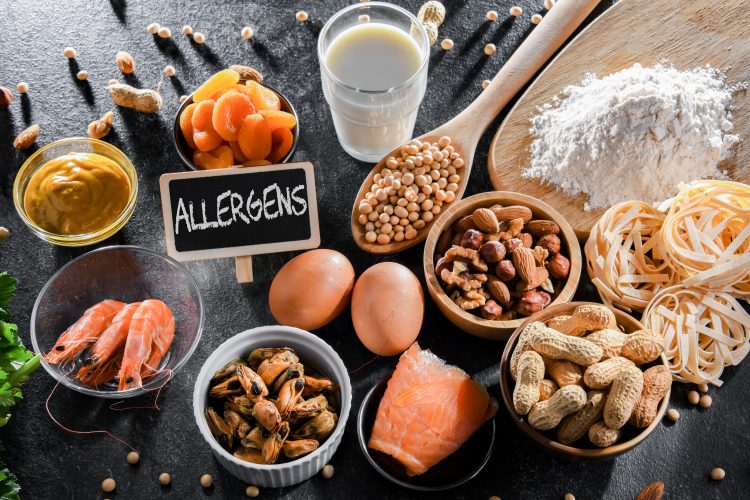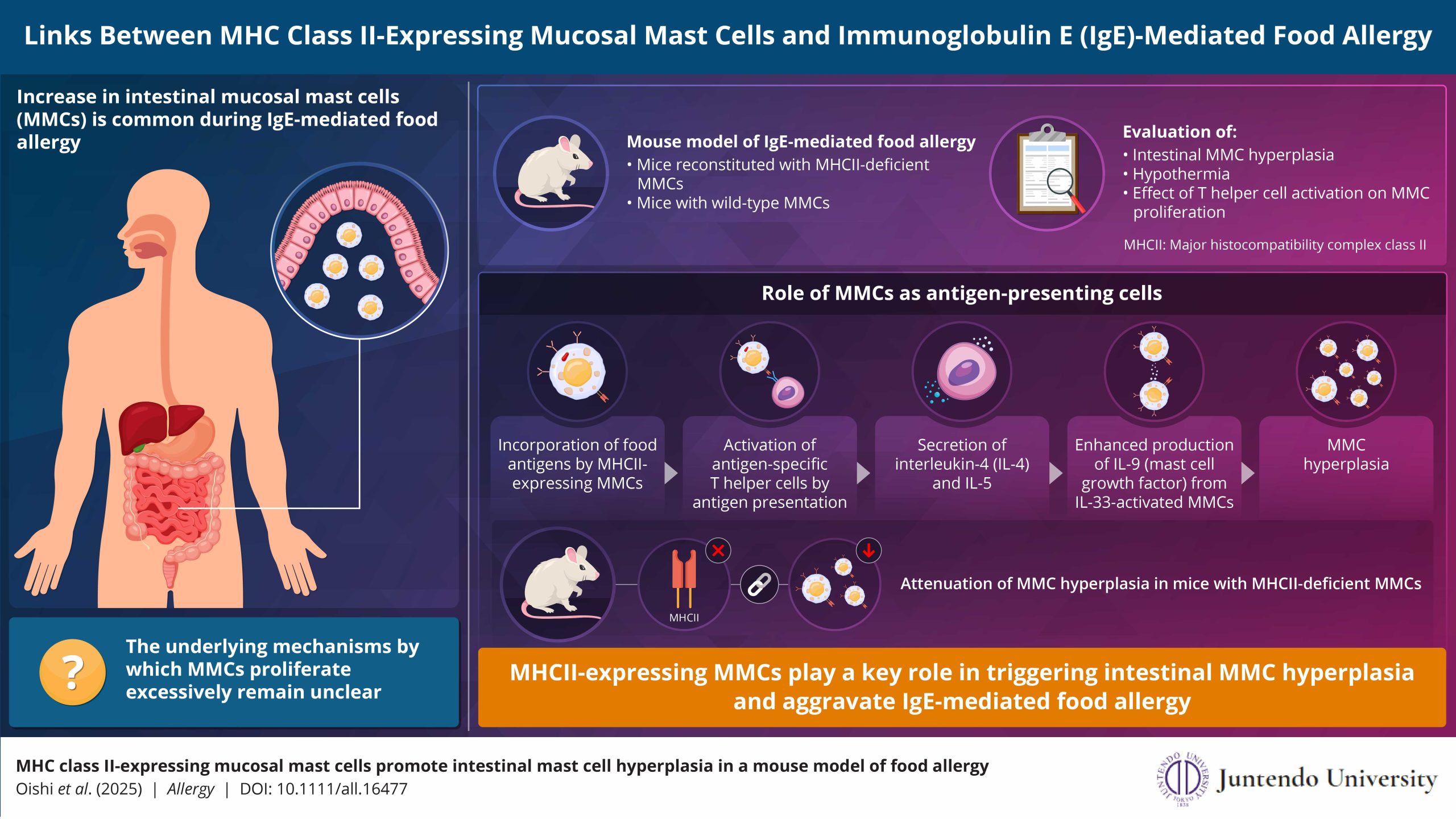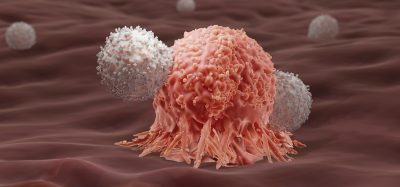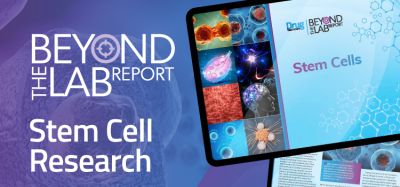The immune cells that fuel food allergies
Posted: 7 February 2025 | Drug Target Review | No comments yet
A new study reveals how specific immune cells contribute to the exaggerated immune response in food allergies, offering hope for improved treatments in the future.


Scientists from Juntendo University, Japan, have made a significant breakthrough in understanding the mechanisms behind IgE-mediated food allergies. Their new research, published in Allergy, identifies the crucial role of mucosal mast cells (MMCs) expressing major histocompatibility complex class II (MHCII) in triggering the exaggerated immune response characteristic of food allergies.
Food allergies, which can be life-threatening, involve a rapid and intense reaction by the immune system to specific food proteins. While it was known that MMCs, immune cells originating in the bone marrow, proliferate excessively during food allergies, the precise reasons for this overproduction remained a mystery. This new study sheds light on the molecular interactions driving this process.
“Building on our previous research findings, we developed a method to generate mucosal mast cells from bone marrow cells in an in vitro cell culture system. Remarkably, the mast cells generated using our method expressed major histocompatibility complex class II (MHCII) on their cell surface. Despite MHCII being important for presenting antigens, the role of mast cells as antigen-presenting cells has been unclear. This inspired our research team to investigate the role of mucosal mast cells in the pathogenesis of food allergy,” explains Associate Professor Nobuhiro Nakano, one of the lead researchers.


The research team, including Nakano, Dr Jiro Kitaura, Dr Kenji Oishi, and Dr Toshiaki Shimizu, used a mouse model of IgE-mediated food allergy to investigate the role of MHCII-expressing MMCs. They discovered that MHCII molecules are expressed on the surface of some MMCs in the intestinal mucosa of food-allergic mice. Crucially, when they created mice with MMCs lacking MHCII, the excessive proliferation of intestinal MMCs and the associated hypothermia (a symptom of severe allergic reaction) were suppressed.
The molecular cascade
Further experiments revealed the intricate molecular cascade involved in the allergic response. The researchers demonstrated that MMCs expressing MHCII can directly, or via antigen-specific IgE, ingest food antigens and present them to specific T helper cells. These activated T helper cells then release interleukins, specifically IL-4 and IL-5, which stimulate the MMCs to produce more of the mast cell growth factor IL-9. The excess IL-9 ultimately leads to the overproduction of MMCs, resulting in the exaggerated food allergy symptoms.
“At present, IgE-mediated food allergies are quite prevalent across different regions of the world, but pharmacological agents to manage food allergies are limited,” highlights Nakano.
Therapeutic implications
This study’s findings provide crucial insights into the complex mechanisms driving food allergies and offer potential new therapeutic targets. By understanding how MHCII-expressing MMCs contribute to the overproduction of mast cells, researchers can develop more targeted therapies to prevent or alleviate the severity of allergic reactions. Inhibiting the excessive proliferation of MMCs could be a key strategy for managing food allergies, offering hope for improved treatments in the future.
“Our findings can aid the development of medications to alleviate the symptoms of food allergies by inhibiting the excessive proliferation of mucosal mast cells,” concludes Nakano.
This research represents a significant step forward in our understanding of food allergies and opens new avenues for developing effective treatments for this widespread and potentially life-threatening condition.
Related topics
Animal Models, Assays, Cytokines, Immunology, Immunotherapy
Related conditions
Food allergies
Related organisations
Juntendo University, Juntendo University Graduate School of Medicine
Related people
Dr Jiro Kitaura, Dr Kenji Oishi, Dr Toshiaki Shimizu, Nobuhiro Nakano








